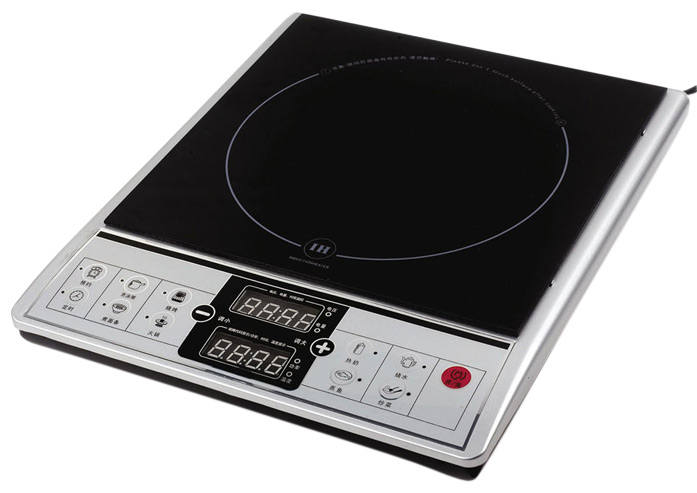Since I can't use gas tanks at home, I was thinking of doing 2.5 gallon batches so I can brew on my stove.
But yesterday, while at my friend's apartment, he used what is called an induction cooker to boil a huge amount of water (some of my friends were eating corn for dinner).
Here's what it is :
http://en.wikipedia.org/wiki/Induction_cooker

I was wondering if this could be some sort of magical brewing device I could use instead of a stove or a burner to bring a full 5 gallon batch using stainless steel kettles.
But yesterday, while at my friend's apartment, he used what is called an induction cooker to boil a huge amount of water (some of my friends were eating corn for dinner).
Here's what it is :
http://en.wikipedia.org/wiki/Induction_cooker

I was wondering if this could be some sort of magical brewing device I could use instead of a stove or a burner to bring a full 5 gallon batch using stainless steel kettles.


